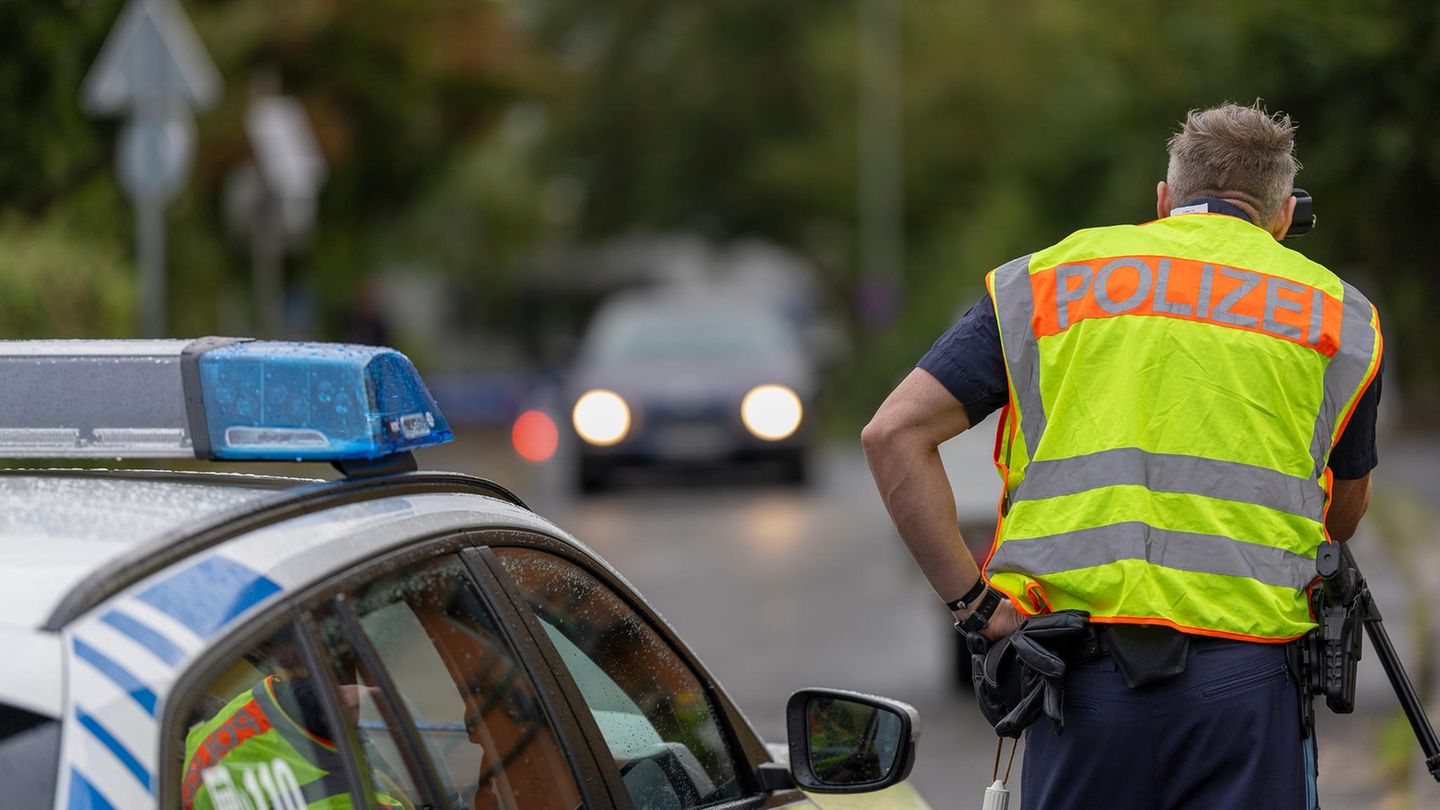For the new commander of the Bundeswehr Operations Command, “credible deterrence” is key in the escalation with Russia. He wants to strengthen exercises in the field of “intensive warfare”.
The new commander of the Bundeswehr Operations Command, Bernd Schütt, sees the greatest danger of a military escalation with Russia on NATO’s north-eastern flank.
“And that’s why the point of credible deterrence in this region is a very central point for me. The presence of land forces plays a central role here,” said the lieutenant general of the German Press Agency. There will also be increased exercises for national and alliance defense in his command.
Schütt: “We have not yet trained this type of intensive warfare here. Existing structures and procedures need to be adapted.”
Geographic Vulnerability: Suwalki Gap
The Operations Command in Schwielowsee near Potsdam manages the contingents of the Bundeswehr on foreign missions in national matters – such as material, personnel and disciplinary matters – but not operationally. During operations like in Lithuania – where the Bundeswehr is leading a multinational NATO battle group (eFP) – the German soldiers are also involved in the defense planning of the respective country.
After more concrete Russian threats in the dispute over transit traffic to the Russian Baltic Sea exclave of Kaliningrad, fears in the Baltic States have recently grown.
The so-called Suwalki gap, a close land connection between the Baltic states and the other NATO countries, is considered a geographical weak point. It separates Kaliningrad from Belarus.
“In the area of the Suwalki gap, it is only a short jump and there the risk of a test of NATO’s will and ability to defend itself is relatively great. In this area you can move troops relatively quickly and then, for example, carry out an initial attack using airborne troops,” said Schütt. “In Putin’s rationale: maybe he thinks NATO won’t come.”
Schütt: “It’s more than a trip wire”
That is why it is so important that the NATO troops are present and reinforced in the Baltic States. “It’s more than a tripwire. Putin will have to think very carefully about how the reaction will turn out, »said Schütt. Credible deterrence is key.
“In my view, credibility is determined by three things. They have an executable plan backed with appropriate powers and abilities. And they declare that they are ready to use these forces. And don’t wobble. That’s what they show and that’s what they demonstrate.”
This has contributed to the fact that no preparations for an attack on NATO territory can be seen. «One thing has finally been settled: that it can be done without preparation. The Russians can’t do that without any preparation either,” said Schütt. There is a warning time, but not the preparation time to then train and bring forces together.
After the Russian annexation of Crimea, things changed
After the end of the Cold War, the Bundeswehr was trimmed to provide skills and contingents for foreign missions – with special skills limited to the task. After the Russian annexation of Crimea in 2014, a change of direction was made and alliance defense was included in the portfolio of tasks again. In 2017, the eFP battle group was established in Lithuania.
“Of course, what could come to us has a completely different dimension. We then have other rooms, other coordination requirements and we have to practice that, »said Schütt. “The Operations Command is divided into task forces, which have been structured from Mali to maritime operations, among other things. Now, with national and collective defense, there is a huge additional elephant in the room, which requires adjustments to be able to cope with both. »
Source: Stern
David William is a talented author who has made a name for himself in the world of writing. He is a professional author who writes on a wide range of topics, from general interest to opinion news. David is currently working as a writer at 24 hours worlds where he brings his unique perspective and in-depth research to his articles, making them both informative and engaging.




